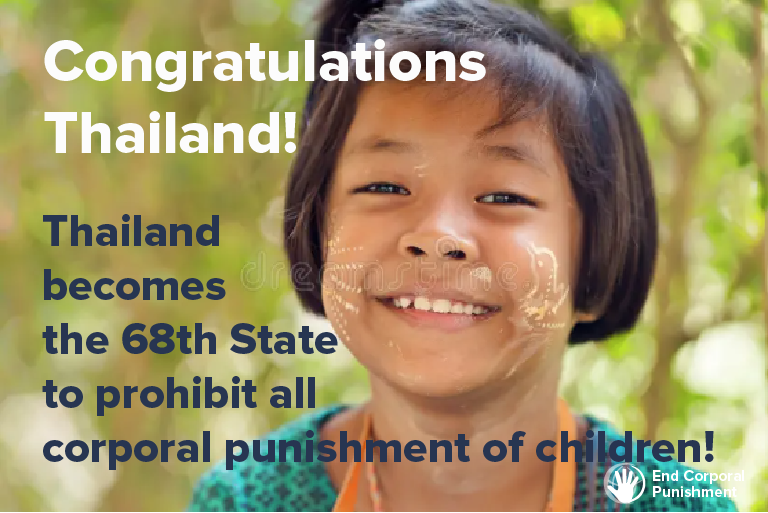With the publication of the measure in the Royal Gazette, Thailand becomes the 68th country in the world to prohibit physical and psychological violence for educational purposes. The ban comes after years of international and internal pressure
From now on, corporal punishment of minors will also be prohibited in Thailand. This is an important step that aligns the country with the UN Convention on the Rights of the Child, in force since 1990, and which has long been the subject of discussion, especially in school and family contexts. In the latter, in particular, not only was the practice tolerated, but it still involved a very high percentage of children and adolescents.
According to the latest survey by the National Statistics Office, published in 2022, 54% of Thais under the age of 14 suffered physical or psychological punishment at home. Although down from the 75% recorded in 2005, the figure is still too high for UNICEF, which promotes the total elimination of the phenomenon.
With the publication of the measure in the Royal Gazette on March 24, Thailand became the 68th country in the world to ban the use of coercion or violence against children for disciplinary purposes.
UNICEF Thailand welcomed the news, calling the new law a model to follow to ensure complete protection of the youngest from all forms of violence or exploitation. At the same time, it stressed the importance of the government accompanying the law with adequate educational campaigns, especially in family contexts, where the use of force as an educational tool is still widely accepted.
It will not be an easy task: the traditional idea of family in Thailand, often justified even at a legal level in its excesses, remains deeply rooted.
It is no coincidence that already in 2021, during the periodic review of the situation in the country, the Global Partnership to End Violence Against Children had recalled that “under international human rights law – the Convention on the Rights of the Child and other human rights instruments – states have the obligation to enact laws that prohibit corporal punishment in all settings, including the domestic. In Thailand, corporal punishment of children is legal despite repeated recommendations to prohibit it by the Committee on the Rights of the Child and during the second cycle of the Universal Periodic Review of Thailand in 2016”.
However, since then the recommendations to prohibit the practice have been accepted by the government in Bangkok, starting a process of internal debate in politics and society followed by a legislative process that has led to the current result.
Reference:

